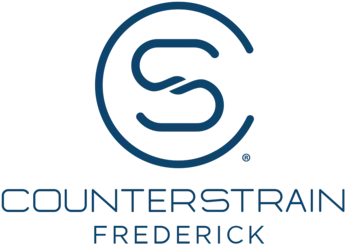Fascial Counterstrain for the Musculoskeletal System
FCS is unique in that it is able to address all parts of the musculoskeletal system. This includes techniques designed to correct dysfunction present in:
- Skeletal muscle
- Joint and Spinal ligaments
- Cartilage
- Bone tissue
- and the Superficial Fascial System
Skeletal muscle dysfunction:
FCS is able to address skeletal muscle dysfunction through the assessment and treatment of skeletal muscle “Myo-chains” which are long, continuous, anatomically connected muscle units. These functional muscle chains are proven entities which allow FCS therapists to rapidly release multiple muscle “trigger points” simultaneously (1.) Many of these muscular chains connect from the spine to the distal extremities, thus a single release can alleviate multiple areas of pain simultaneously. This approach offers lasting relief of muscular pain complaints as it addresses all of the connected muscular elements and not just individual muscles.
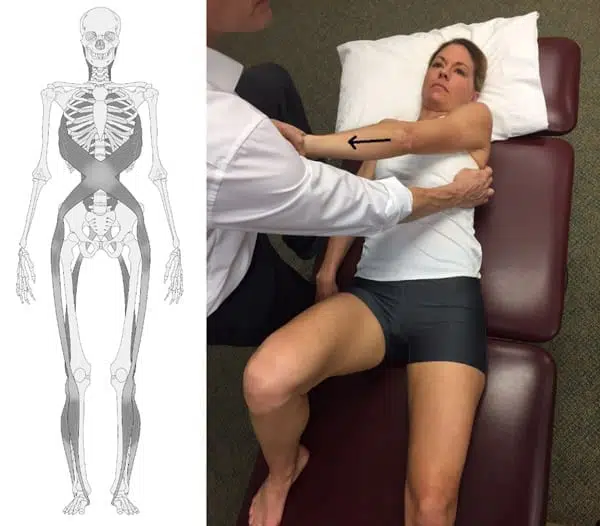
Ligament dysfunction:
When ligaments become injured or inflamed they pathologically contract or “over protect” (2.) This impairs joint mobility and can cause deep, chronic pain in the spine or extremities. FCS Ligament treatments will alleviate ligament pain in the involved joints and restore the normal range of motion. In the spinal region, FCS can “decompress” spinal motion segments which improves, even eliminates the symptoms related to pathologies such as neck pain, back pain, Lumbar spinal stenosis, and disc herniation.
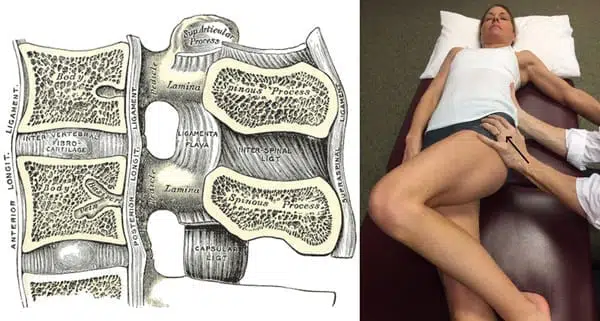
Cartilage Treatment:
Cartilage which was originally thought to be an inert tissue, is actually contractile and can become inflamed and restricted similar to ligaments (3.) Remarkably FCS can be utilized to restore the normal flexibility and mobility to cartilage. This enables FCS trained therapists to treat difficult conditions such as hip & shoulder labrum tears, knee meniscus pain/tears, TMJ dysfunction, even cervical, thoracic & lumbar disc herniations respond wonderfully to these techniques.
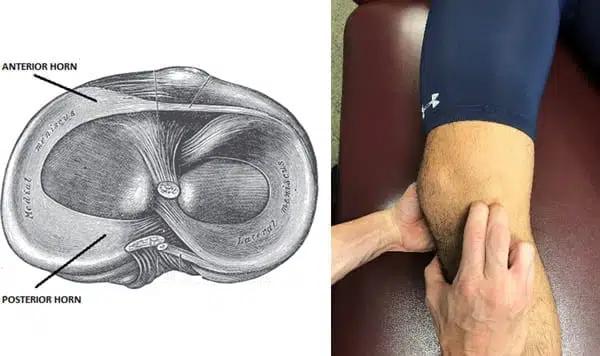
Bone Tissue:
Resent research has demonstrated that bone anatomy and function is much more complex than originally thought. Bone can be considered part of the fascial system and responds to mechanical forces by changing its structure, alignment and function (4.) FCS is one of the only manipulation techniques in the world that can address bone dysfunction which is the primary pathophysiology behind tendonitis in all regions of the body and is also the primary residual pain generator in virtually all post-fracture and bone contusion cases. FCS is capable of correcting /reducing bone deformities including kyphosis, scoliosis, tibial varum/valgum and even mild (7mm or less) leg length discrepancies. When combined with neural (nerve) FCS techniques, it can quickly resolve intractable conditions such as TMJ dysfunction, tarsal tunnel syndrome, carpal tunnel syndrome and even improve the symptoms of idiopathic peripheral neuropathy.
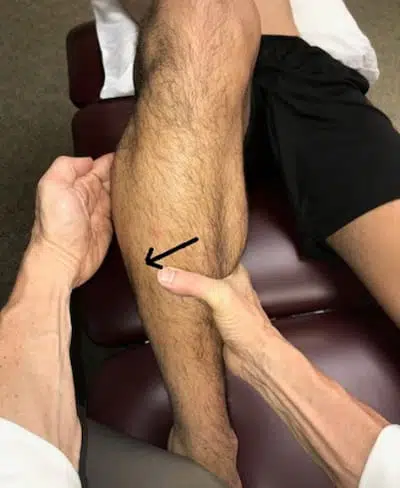
Superficial Fascial System:
The entire body is covered by a thin layer of connective tissue that anchors into the deeper tissues of fascia in our body. This “membranous layer” of superficial fascia can cause pain in virtually any region of the body and is capable of trapping edema and inflammation. Severe cases can cause conditions such as compartment syndrome. There are over 25 different techniques in the FCS clinical repertoire specifically designed to address dysfunction in the superficial fascia and help to alleviate pain and swelling in all regions of the body.
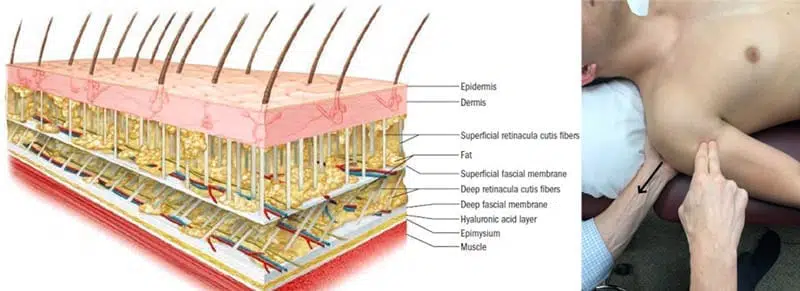
Brian Tuckey PT, OCS is the originator of FCS for the Musculoskeletal system and currently teaches the technique to physical therapists and manual therapists worldwide. If you feel you may have arterial dysfunction and wish to receive treatment you can set up an evaluation here with one of the FCS trained practitioners at Tuckey and Associates Physical Therapy or use the Counterstrain.com or JIcounterstrain.com websites to find a practitioner in your area.
